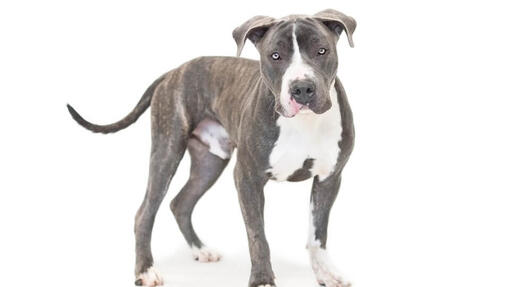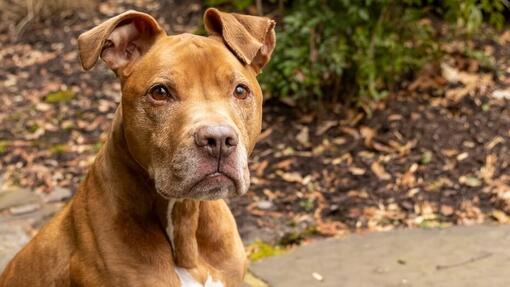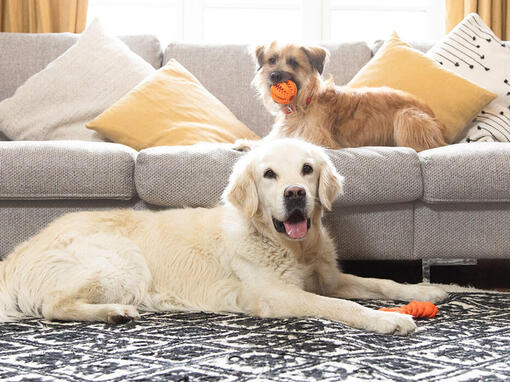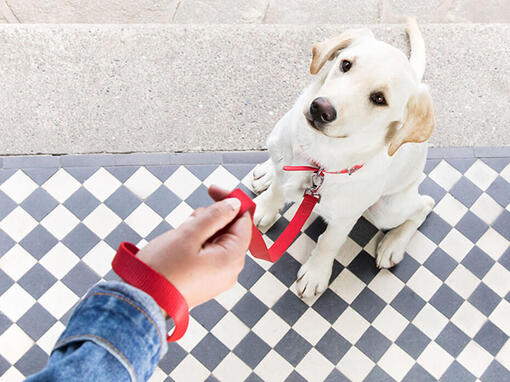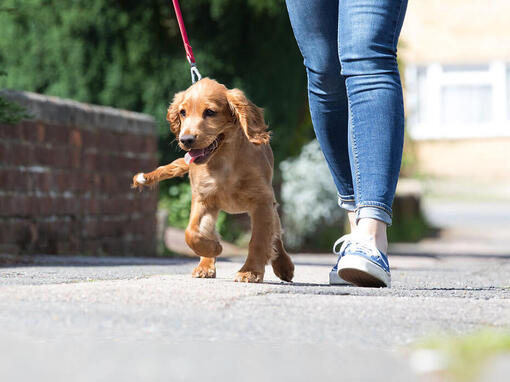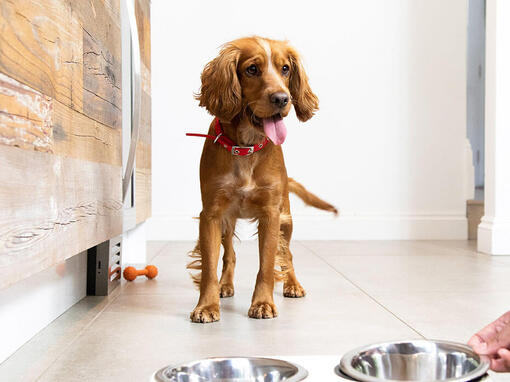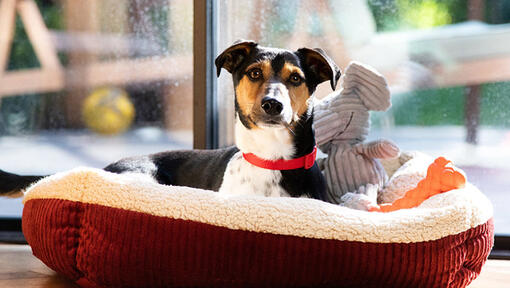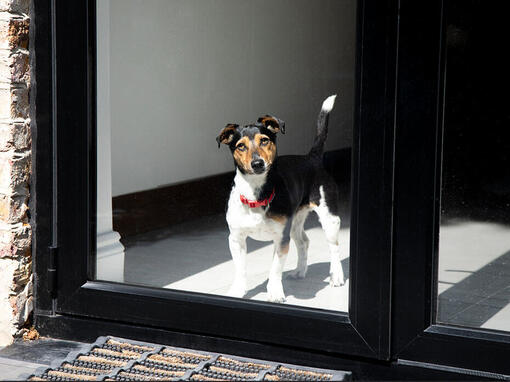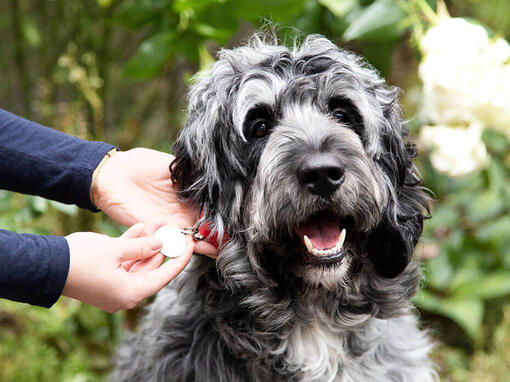History and Origins
Also known as American Pitbull Terriers, Pitbulls have a fascinating history. Originally bred in the UK in the 19th century for bull-baiting, they found new roles in America as working dogs, serving as livestock herders, property guardians, and even military dogs.
During the 20th century, Pitbulls gained widespread popularity and were often the stars of advertisements, movies, and used to be widely featured as mascots for various brands. However, their reputation soon took a darker turn because people began associating them with illegal dogfighting rings and high-profile media reports of attacks.
The American Pitbull Terrier remains a controversial breed even today, with passionate advocates and detractors. While some view this breed as loyal family pets and working dogs, others perceive them as dangerous. By providing a proper environment and handling, we can greatly reduce the likelihood of the dog being aggressive or displaying any other issues, and it will also be more likely to improve their affection and loyalty to their owners.
